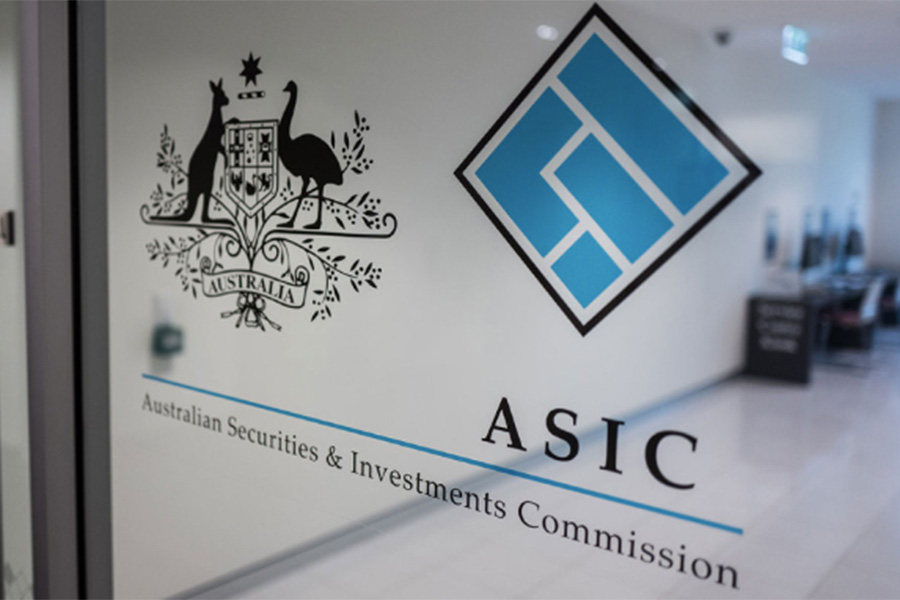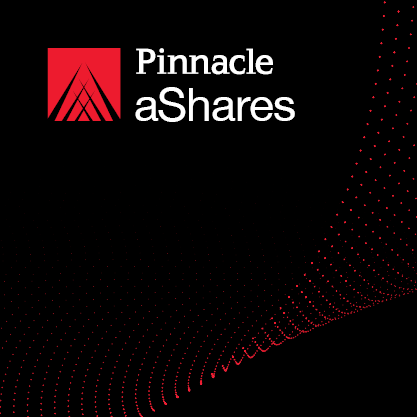Australia’s corporate cop ASIC has lifted its ban on opaque active ETFs.
Following extensive industry talks, the regulator has decided it will allow active ETFs that hide their portfolios to list on Australia’s two exchanges.
ASIC said that hopeful active ETF providers must comply with new guidelines, and that some active managers needed to improve their ETF trading. But so long as guidelines were met, new active ETFs were free to list.
“[We have] requested that exchange[s] lift the pause on the admission of new managed funds with internal market making,” ASIC said.
“ASIC intends to work with market operators and other stakeholders to ensure new funds being admitted for quotation use compliant models, and changes that are required to existing models are made as soon as possible.”
At the time of publication, it was unclear what specifically ASIC had changed.
Active ETFs and the way they trade – via an arrangement called “internal market making,” in the jargon – have divided Australia’s ETF industry like a purple line.
Passive ETF providers have argued that active ETFs with opaque portfolios aren’t really ETFs at all.
They claim that ETFs are meant to be transparent and allow everyone to see what’s inside them. And as everyone knows what’s inside, everyone can trade them at a fair price.
Active ETF providers have countered that exposing their portfolios publicly every day would kill their intellectual property. They have claimed further that there is little real difference between how active and passive ETF trade, as passive ETF providers pay market makers like Susquehanna to act in the interests of ETF owners and ensure fair prices on exchange. Whereas active ETFs, they believe, give a fair price without having to pay a middle man.
Behind closed doors, both sides have lobbied the regulator and taken their concerns to the media.
ASIC banned new active ETFs coming to market in July, as Deutsche Bank’s new CEO began a clear out of its investment banking division. It did so out of fears that some active ETF providers had been publishing bad NAVs and that spreads some active ETFs were trading on were too wide.
As Deutsche is the major agent for most active ETFs, its troubles were taken as somewhere between a pretext and a genuine basis for closely investigating active ETFs, industry sources say.
ASIC’s greenlight has been welcomed by active ETF providers, many of which regarded the ban as unfair in the first place.
Said Camilla Love, boss of eInvest, an active ETF provider:
“We commend the speed and thoroughness of ASIC’s review and expect that their recommendations will only continue to strengthen and provide greater confidence in the ETF industry,”






